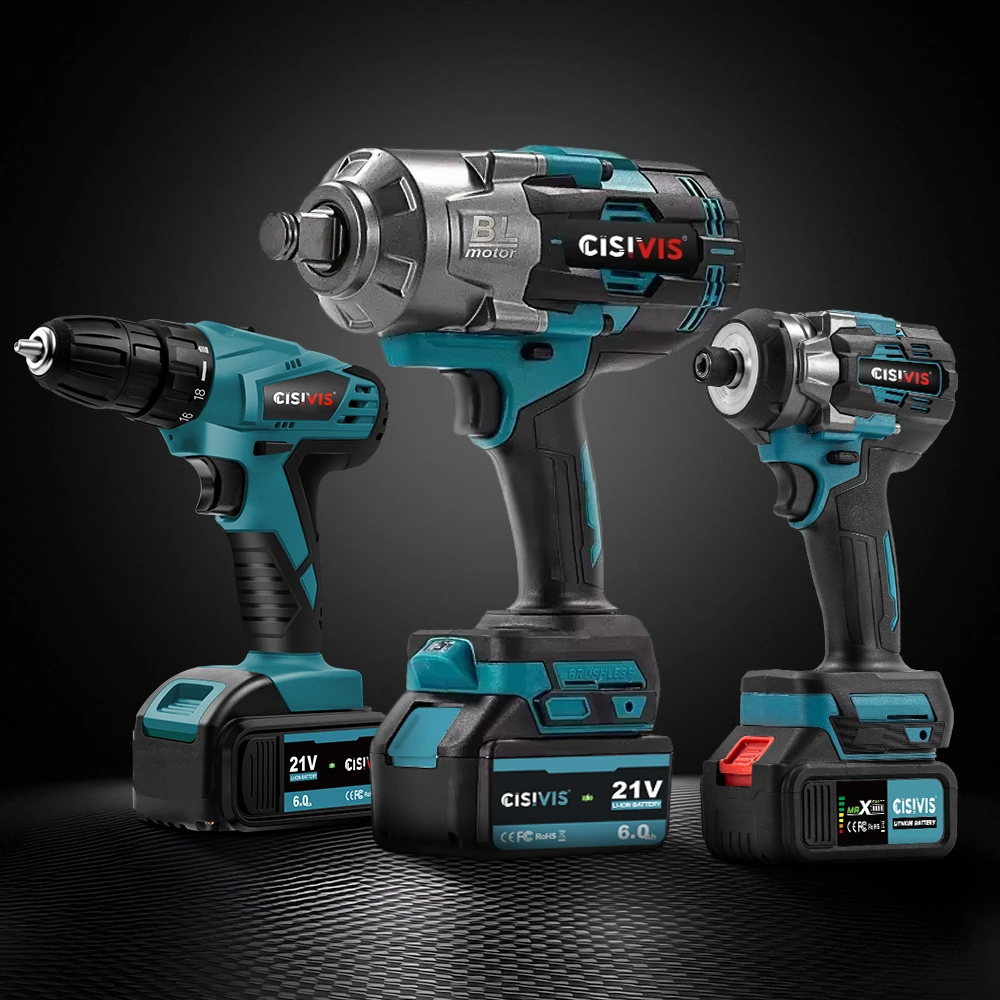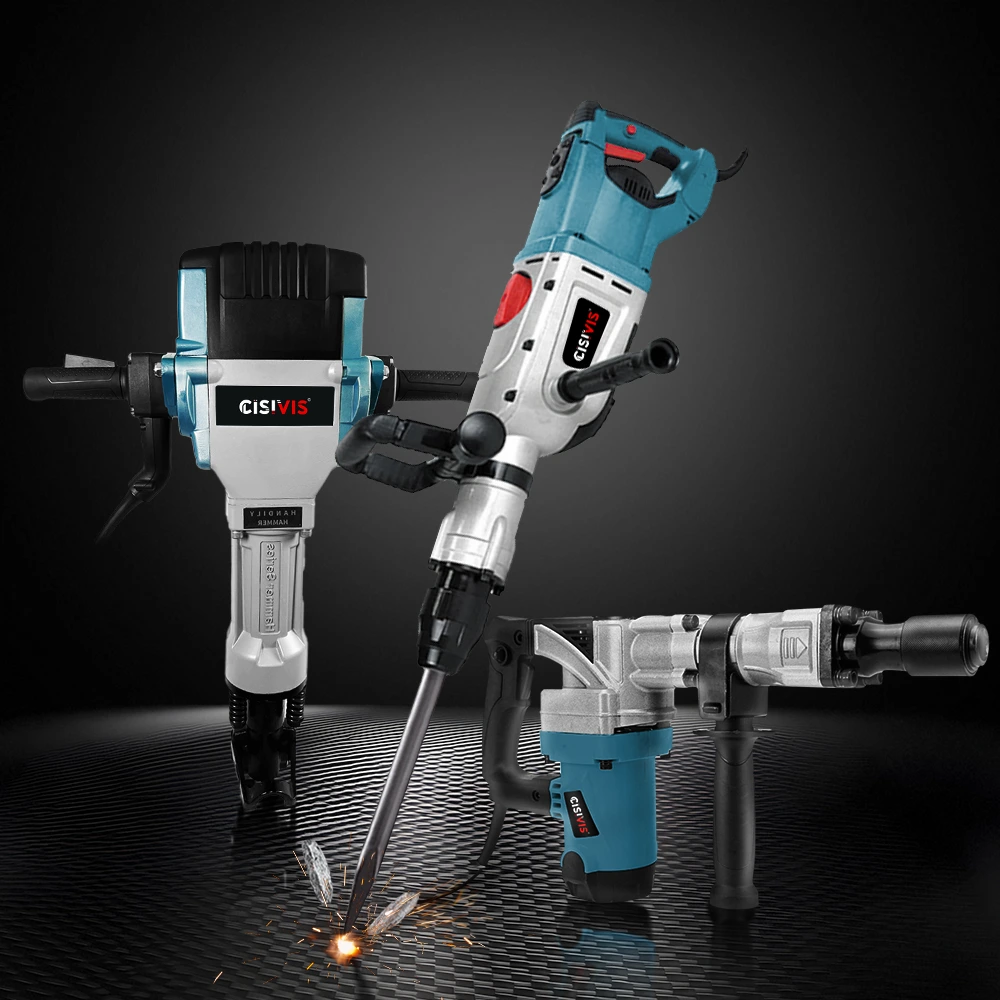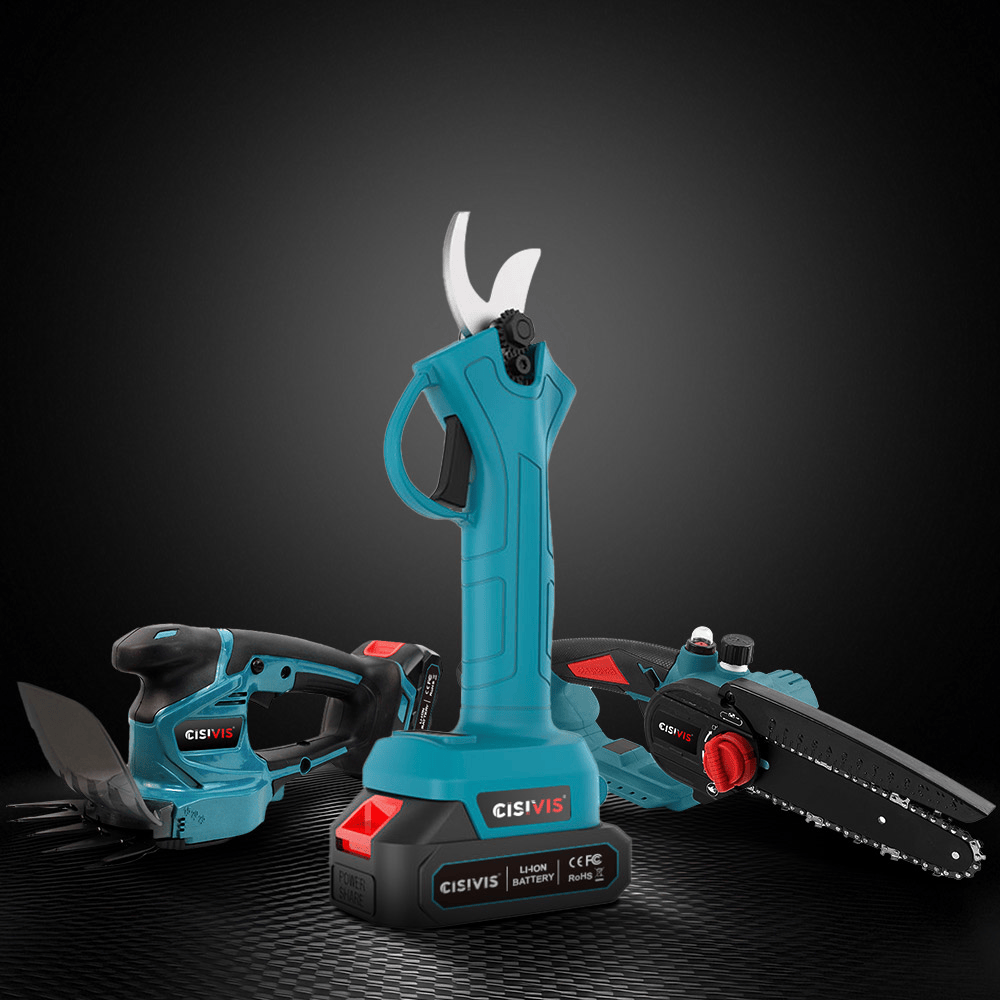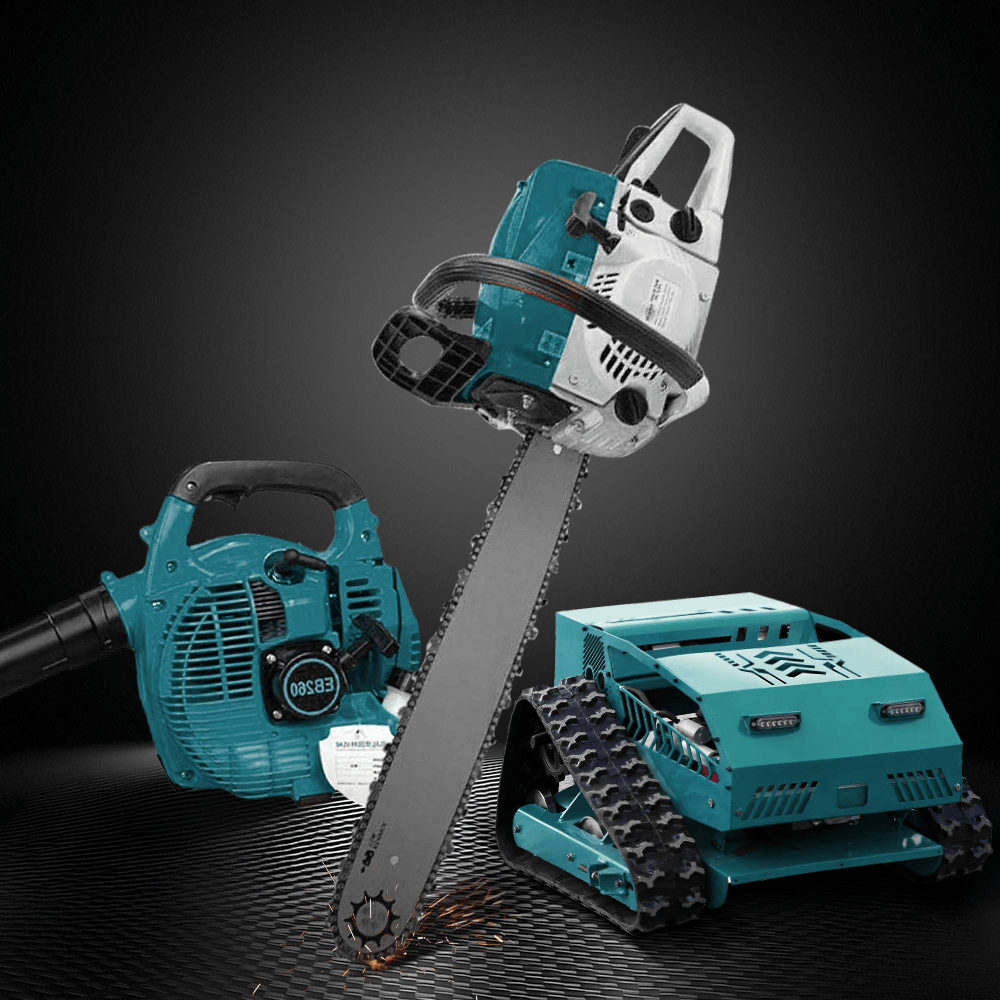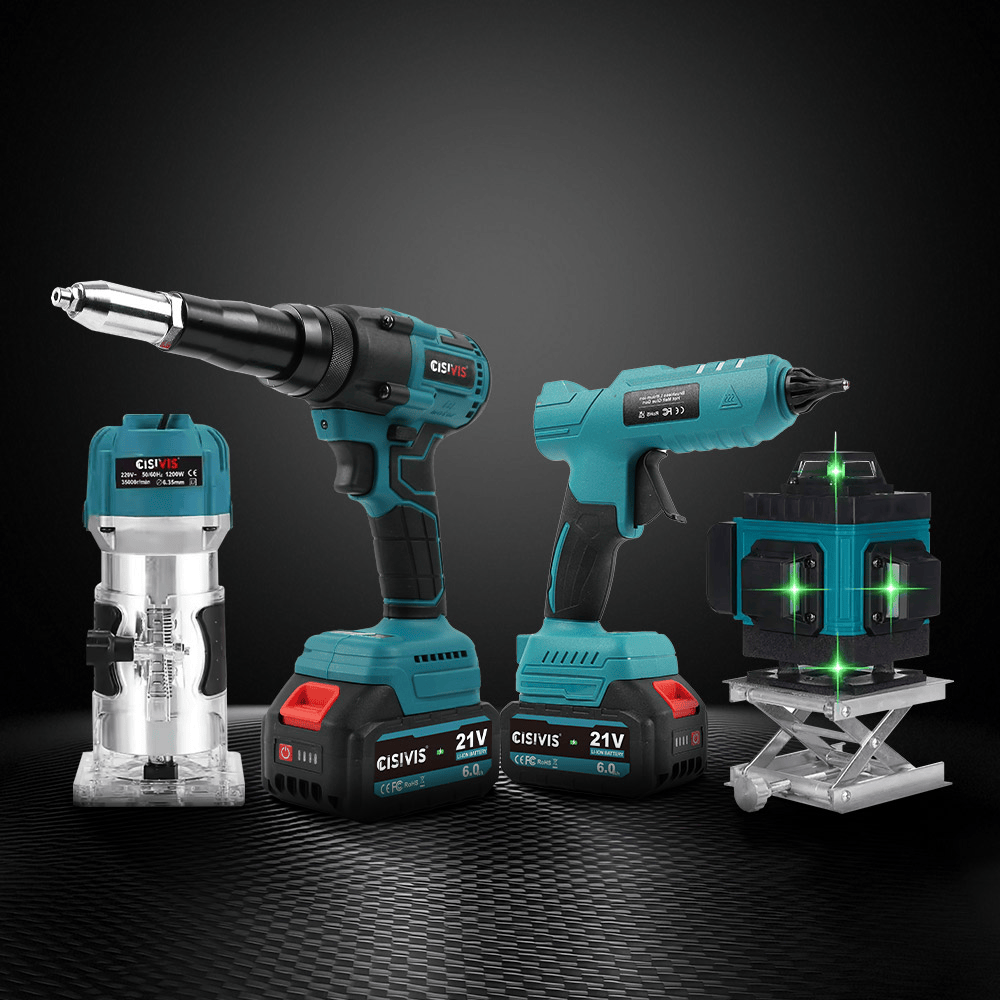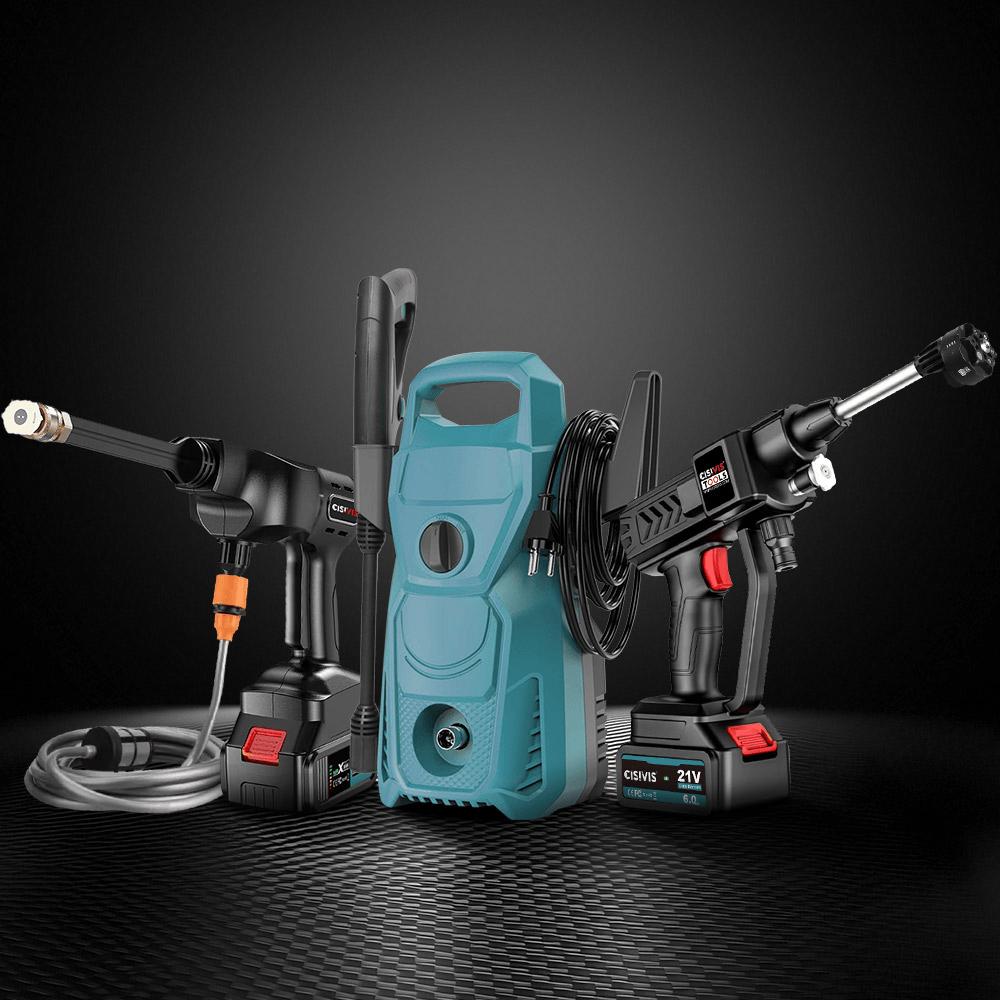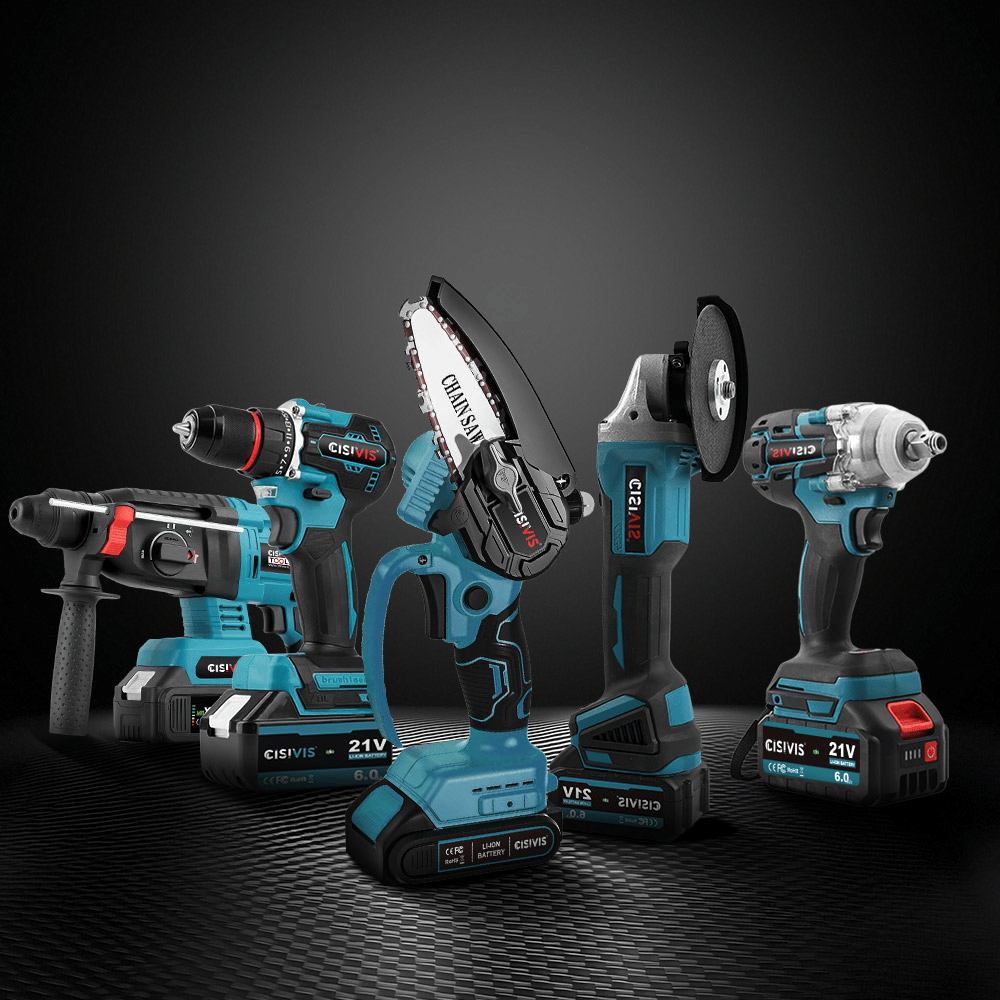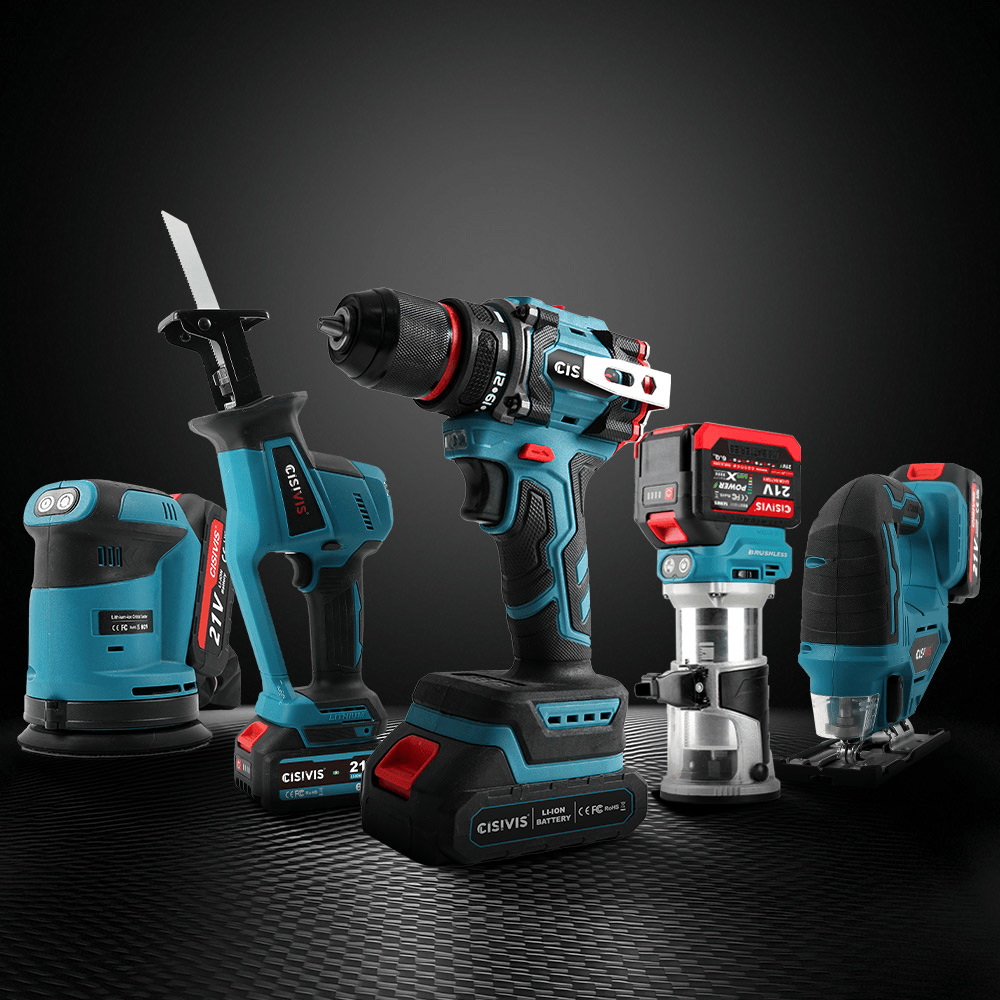- Cordless Drill
- Cordless Impact Drill
- Cordless Impact Wrench
- Cordless Ratchet Wrench
- Cordless Impact Driver
- Cordless Screwdriver
- Cordless Hammer Drill
- Cordless Angle Grinder
- Cordless Circular Saw
- Cordless JigSaw
- Reciprocating Saw
- Laser Level
- Cordless Polishers
- Cordless Pressure Washer
- Cordless Heat Gun
- Cordless Spray Gun
- Lithium Battery & Charger
- Power Tool Set
Chainsaw Bar Oil What Do You Use? Best Picks & Oiling Steps
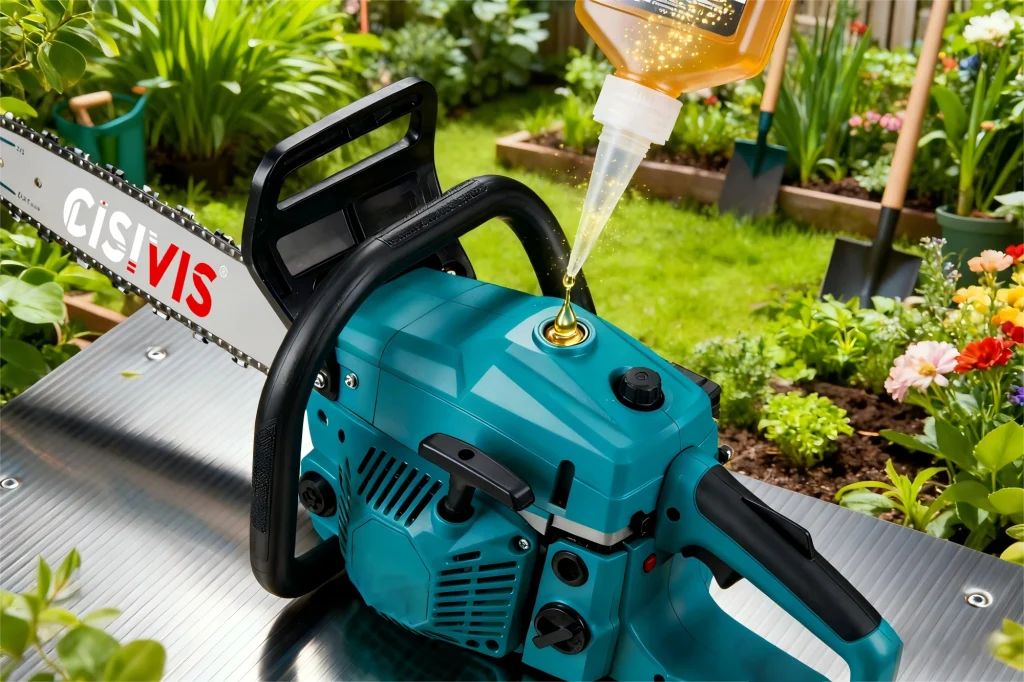
What Oil Can Be Used for Chainsaw Bar Oil
Every chainsaw bar oil plays a critical role in keeping the guide bar and chain running smoothly, reducing friction and preventing overheating. For electric tools, electric chain saw oil is particularly important—it ensures optimal performance, quieter operation, and extends both the bar and motor lifespan.
Choosing the right oil type is not only about lubrication; it’s about protection, cost-efficiency, and environmental performance, especially for professional users who rely on chainsaws daily.
How to Choose the Right Chainsaw Bar Oil
Selecting the proper bar oil determines how efficiently your saw cuts and how long it lasts. Below, we break down oil types, viscosity, and specifications to help you choose the best chainsaw bar oil for your needs.
Types of Oil for Electric Chain Saw
The most common oil for electric chain saw can be categorized into three types: mineral-based, synthetic, and vegetable-based.
- Mineral Oil – Affordable and widely available. It provides consistent lubrication but lacks biodegradability.
- Synthetic Oil – Designed for higher performance and stability in extreme workloads; ideal for professional or industrial users.
- Vegetable-Based Oil – Environmentally friendly and biodegradable, though it has a shorter shelf life and may thicken in cold weather.
These differences make each type suitable for specific use scenarios—from home gardening to commercial forestry.
What Weight is Chainsaw Bar Oil
The chainsaw bar oil weight affects how easily the oil flows through the bar oiler and how well it clings to the chain. Light oils (like 10W) suit colder climates, while heavier oils (like 30W) are better for hot or high-speed operations.
In the market, the chainsaw bar oil 1 gallon size is the most common for both commercial users and retailers—it’s practical, cost-efficient, and reduces refill frequency.
Choosing the right weight ensures that the oil maintains proper film strength under temperature changes, which is especially critical for high-torque cordless models.
Chainsaw Bar Oil Viscosity
electric chain saw oil viscosity is the resistance to flow—too thick, and the oil won’t reach the chain fast enough; too thin, and it’ll sling off before lubrication happens.
- Summer: Use higher-viscosity oil to resist thinning at high temperatures.
- Winter: Use lighter-viscosity oil for smoother circulation in cold conditions.
| Oil Type | Viscosity | Best Season | Advantages | Disadvantages | Advised Users |
| Mineral Oil | Medium | All Seasons | Affordable, readily available | Less eco-friendly | Home users, small chainsaws |
| Synthetic Oil | High | Summer, heavy-duty | Excellent stability, high lubrication | Higher cost | Industrial or daily users |
| Vegetable Oil | Low–Medium | Winter, eco-use | Biodegradable, safe for environment | Shorter shelf life | Eco-conscious or light-duty users |
How to Oil a Chainsaw Bar and Chain
How to Oil CISIVIS Cordless Chainsaws
Proper maintenance ensures maximum performance and tool life. Here’s how to apply electric chain saw oilcorrectly:
- Place the chainsaw on a stable surface.
- Open the oil reservoir cap near the guide bar base.
- Refill using a funnel, avoiding overfill.
- Wipe any excess oil around the cap.
- After a few cuts, check the oil line on the bar to confirm the chainsaw bar oiler is working correctly.
For CISIVIS users, every cordless chainsaw is equipped with a precision bar oiler system that automatically distributes oil for consistent lubrication.
👉 Maintenance Tip: Always clean the oil ports before refilling to prevent clogs and maintain consistent flow.

If you’re using a CISIVIS cordless chainsaw, make sure to use compatible bar oil for optimal cutting efficiency.
Common Chainsaw Bar and Chain Oil Problems
Even with regular maintenance, certain oiling issues can affect performance. Understanding these problems helps prevent unnecessary downtime or damage.
Chainsaw Leaking Bar Oil
A frequent issue in both corded and cordless chainsaws, chainsaw leaking bar oil is usually caused by:
- Worn or damaged seals.
- Improper storage (especially vertically).
- Residual pressure in the oil pump after use.
Solutions:
- Replace seals if leakage persists.
- Store the saw horizontally with the oil cap slightly loosened.
- Clean the oil cap vent regularly.
Chainsaw Not Oiling Chain
When the chain runs dry, friction increases sharply, leading to premature wear. Common causes:
- Clogged oil port or filter.
- Faulty chainsaw bar oiler mechanism.
Solutions:
- Clean the bar groove and oil holes using a wire brush.
- Remove debris buildup around the sprocket cover.
Chainsaw Bar Oil Too Thick
Using the wrong viscosity oil can block oil flow in cooler environments.
Chain saw bar oil too thick often happens in winter or when using heavy summer-grade oil.
Solution: Use low-viscosity oil or warm up your chainsaw before operation.
Chainsaw Bar Oil FAQ
Chainsaw Bar Oil vs Motor Oil
While motor oil can lubricate, it’s not formulated for adhesion or tackiness like chainsaw oil. Over time, using motor oil may cause increased wear on both the bar and chain.
Chainsaw Bar Oil Substitute
Some users ask if vegetable oil can serve as a chainsaw bar oil substitute. It can, temporarily.
Vegetable oils are eco-friendly and biodegradable but degrade faster, especially in heat or storage.
Is Bar and Chain Oil the Same as 2-Cycle Oil?
No. 2-cycle oil is mixed with fuel for engine lubrication, while bar oil is a standalone lubricant for the bar and chain. Using one in place of the other can damage your equipment.
Chainsaw Bar Oil Substitute
Can You Use 10W30 as Chainsaw Bar Oil?
Yes, but only temporarily. 10W30 engine oil works in emergencies, yet lacks the tackifier additives needed for continuous adhesion.
Can I Use 10W40 for Chainsaw Bar Oil?
10W40 can work in warm climates due to its higher viscosity but isn’t recommended for electric saws with smaller oil pumps. Always revert to true bar oil for chainsaw for long-term use.
Conclusion & CTA
Using the correct bar oil for chainsaw is crucial for extending your saw’s service life, reducing maintenance costs, and achieving smoother, safer cuts.
Whether you’re a professional contractor or a hardware distributor, understanding oil types, viscosity, and proper application ensures your customers’ satisfaction and tool reliability.

- CISIVIS Strengths: With over 6 years of experience in power tool R&D, we consistently provide high-quality solutions to customers worldwide. Our technical accumulation and product capabilities have been validated by the market over the long term.3,000 m² factory with advanced machinery and strict quality control; ensures precision and efficiency, with a daily output of over 10,000 units for reliable bulk order fulfillment.
- Product Type: Full range of power tools, including cordless drills, impact drills, impact wrenches, angle grinders, circular saws, jigsaws, chainsaws, lawn mowers, car washers, laser levels, cordless trimmers, polishers, paint sprayers, heat guns, etc.
- Custom Services: Offers OEM/ODM services to meet diverse market needs.

